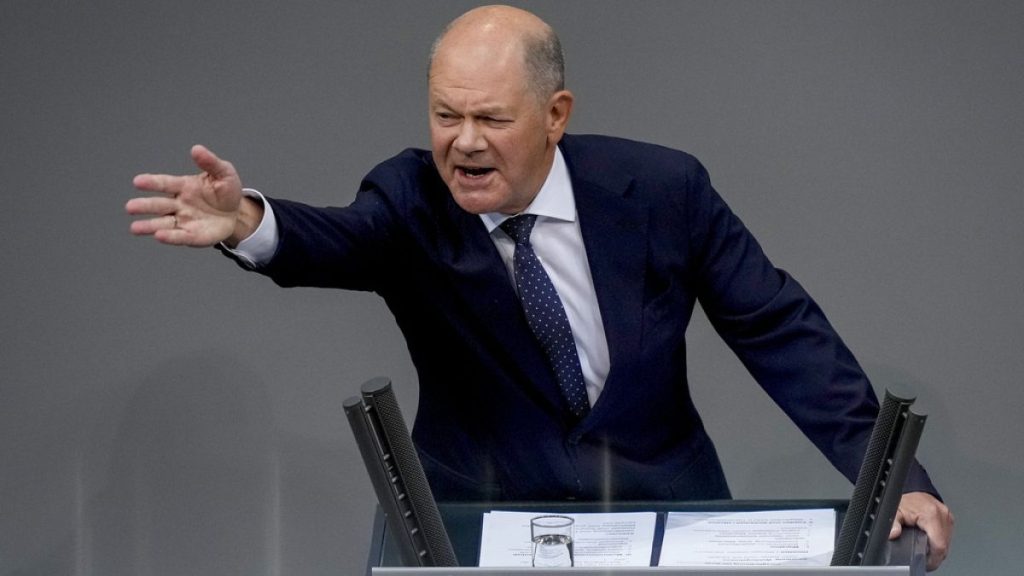German Chancellor Olaf Scholz recently addressed the issue of migration in Germany, stressing the importance of being able to choose who comes to the country while acknowledging the role that immigrants have played in the economy. He emphasized the need for “serious politics” rather than “a theatrical performance” in response to the collapse of talks with the opposition party CDU on the topic of migration. Scholz criticized the far-right party Alternative for Germany (AfD), accusing them of being “married to the past” and hindering the country’s future. He defended his coalition government’s policy of welcoming migrants, despite criticism from other EU countries like Poland over the decision to extend controls to all land borders.
The recent success of the AfD in two state elections in eastern Germany has raised concerns about the future of migration policy in the country. Scholz highlighted the importance of addressing the shrinking working population in Germany and its impact on economic growth. He also emphasized the need to ensure financial security for the country’s youth, particularly through pensions. The struggles of pensioners to cover costs amid rising living expenses have become a key issue for both far-left and far-right parties in Germany, with the AfD leader Alice Weidel accusing Scholz of being the “chancellor of decline” due to recent job cuts and relocations by companies like Volkswagen.
The extension of controls to Germany’s land borders has raised fears about the stability of the EU’s Schengen zone and the potential impact on the broader European Union. The decision to tighten border controls has been criticized by other EU countries, with Poland voicing concerns about the implications for the Schengen agreement. Scholz’s defense of his government’s migration policy has sparked debate within Germany and across the EU, with different parties and countries expressing varying opinions on the issue. The escalating tensions over migration within the EU reflect broader concerns about the future of the European project and the potential for further destabilization within the region.
The rise of anti-immigrant sentiments in Germany has been exploited by parties like the AfD, which has gained significant support in recent elections. The party’s focus on nationalism and opposition to migrants has resonated with a segment of the German population, leading to its electoral success. The AfD’s criticism of the government’s migration policy and its impact on the economy has struck a chord with voters who feel disillusioned with mainstream politics. The growing influence of the AfD and other far-right parties in Europe has raised concerns about the future of migration policy and the broader implications for the EU as a whole.
The debate over migration in Germany highlights the complex challenges facing the country and the EU as a whole. The need to balance economic growth with social stability, address demographic changes, and manage the influx of migrants presents a significant policy challenge for governments across Europe. The rise of nationalist and anti-immigrant sentiments has added a new dimension to the political landscape, leading to increased polarization and uncertainty. As leaders like Chancellor Scholz grapple with these issues, the future of migration policy in Germany and the EU remains a topic of intense debate and contention. The outcome of these discussions will have far-reaching implications for the region and the broader global community.


